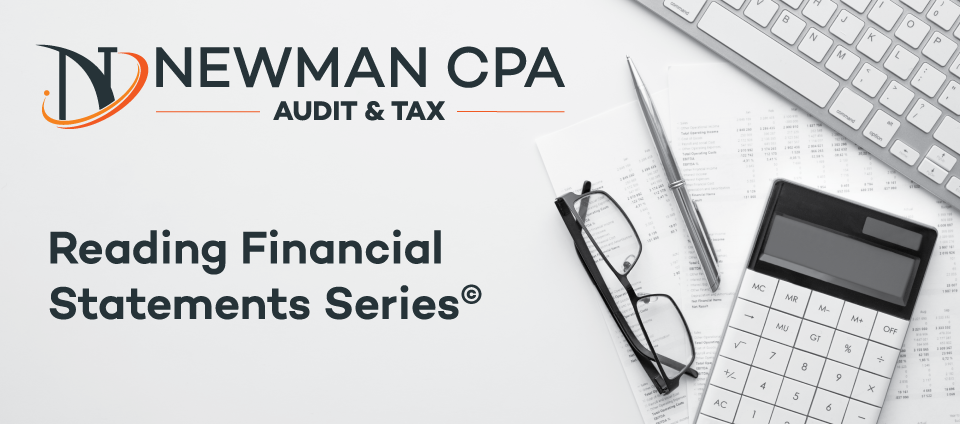In our previous blog, the fifth in our Reading Financial Statements Series we introduced you to Prepaid Expenses.
In the next few blogs we will explore some more typical association balance sheet accounts in more detail.
Fund Accounting for Assessments and Expenses
By Jeremy Newman, CPA
Community Associations use a system of accounting called fund accounting. As with non-profits and charities, the entity is collecting money for specific purposes, and should account for specific financial activity in pre-determined funds. Most community associations levy assessments on members for two purposes: (1) to pay for month-to-month expenses (Operating Fund), and (2) to save money to repair and replace common area components documented in its reserve study (Reserve Fund). Thus, the typical association maintains two funds: Operating and Reserves.
Associations should maintain fund-specific bank accounts for each fund’s deposits and disbursements. The bank accounts should be labeled as operating and reserves on the association’s balance sheet. There should be no co-mingling of cash. Cash belonging to the operating fund should be maintained in operating fund bank accounts, and likewise for reserves cash.
Assessment billing and receipts
Having written above that associations should not commingle operating and reserve fund cash, the following may sound a little contradictory. The typical method of accounting for billing and collections, together with allocation of assessment revenue is to use the operating fund to account for assessment billing and receipts. Most associations bill members monthly. Under the accrual basis of accounting, assessment revenues are recognized in the month members are assessed. A corresponding assessment receivable account is recorded to reflect the amount billed and collectible from members. Upon receipt of a member’s payment, the member’s receivable balance is decreased, while cash is increased. Each month, in accordance with the association’s budget, the association contributes assessments from the operating fund to the reserves fund. After recording the contribution, the operating fund reports operating assessments only, and the assessments allocated to the reserves fund are reported as reserves assessments income.
Expenses
Associations should use operating cash to pay for operating fund expenses. Such expenses should be recorded in an operating fund expense category. Likewise, associations should only use reserve cash to pay for reserves fund expenses, and such reserve expenses should be recorded in a reserve fund expense category.
We will delve into more applications of fund accounting in future blogs.
We provide audit and tax services for all types and sizes of community associations nationwide including mixed-use, high-rise, large scale, single-family, condominiums, town homes, resort-style, commercial, and under-development/transition/phasing developments.
100% focused on the community association industry. Discover what it’s like to work with a firm that has significant experience and knowledge of your industry.





